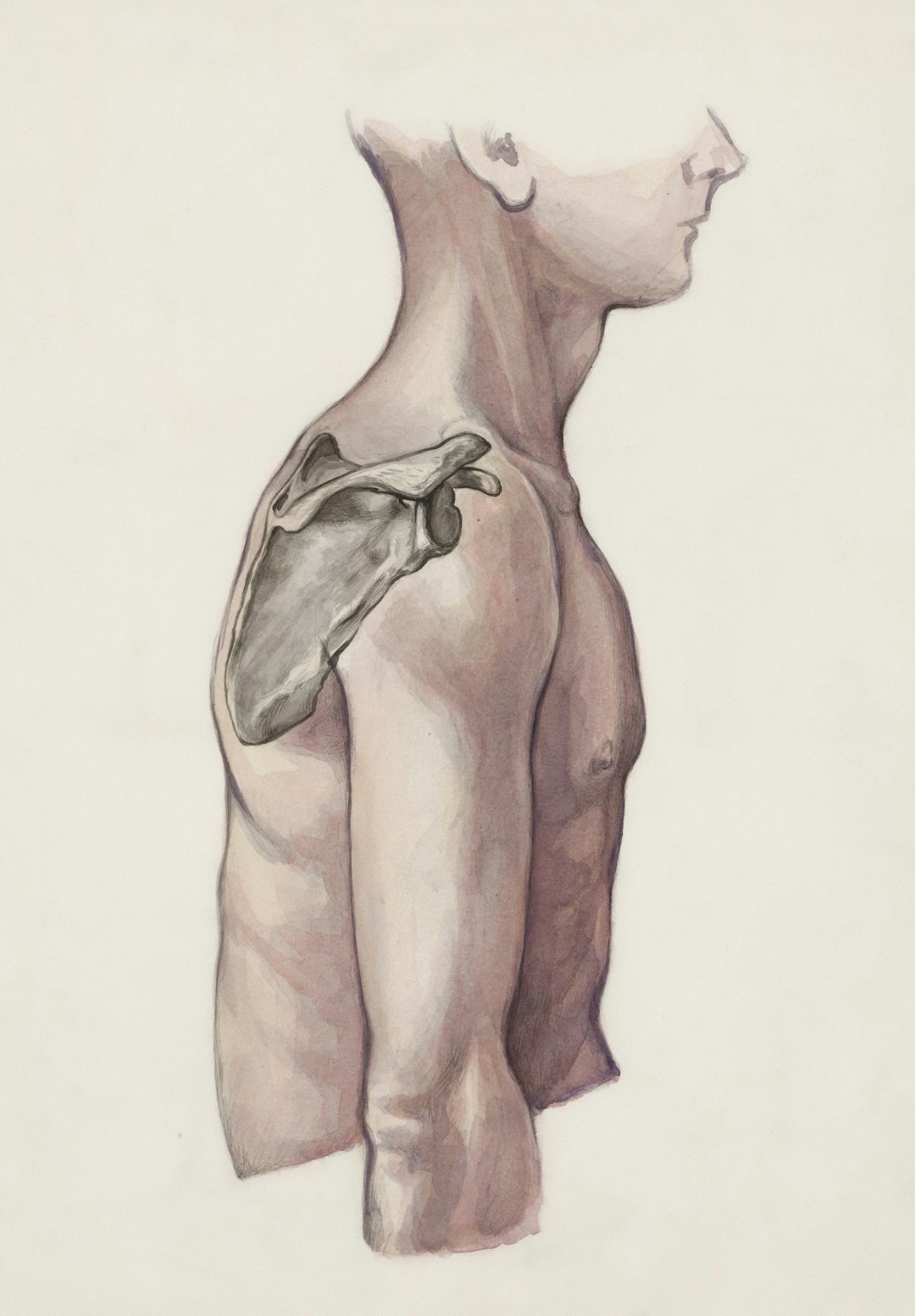Body dysmorphia, a mental health condition characterized by a distorted body image and preoccupation with perceived flaws, severely affects quality of life, causing social anxiety, depression, and suicidal thoughts. Early recognition and compassionate assessments are vital for recovery. Healthcare professionals create an empathetic environment to encourage open communication, challenge unhelpful thoughts, develop healthier coping mechanisms, and foster positive self-acceptance.
Body dysmorphia, a condition characterized by an intense and persistent preoccupation with perceived body flaws, has been traditionally approached through various therapies. However, recent research highlights that compassionate assessments play a pivotal role in facilitating recovery. This article delves into the understanding of body dysmorphia and explores how non-judgmental evaluations can empower individuals on their path to healing. By employing techniques that foster empathy and understanding, therapists can create a supportive environment, enabling clients to challenge distorted perceptions and embark on a journey towards self-acceptance and recovery.
- Understanding Body Dysmorphia: A Comprehensive Overview
- The Role of Compassionate Assessments in Recovery Journey
Understanding Body Dysmorphia: A Comprehensive Overview
Body dysmorphia, a mental health condition characterized by a distorted perception of one’s own body, has gained significant attention in recent years. It is more than just being dissatisfied with one’s appearance; it involves an intense and persistent preoccupation with perceived flaws or abnormalities in one’s physical features. This preoccupation can significantly impact an individual’s quality of life, often leading to social anxiety, depression, and even suicidal ideation.
Individuals with dysmorphia may focus on specific areas like facial features, skin, hair, or body shape, believing them to be unattractively flawed. These beliefs are not always based on reality but rather on a warped interpretation of their appearance. Compulsive behaviors such as excessive grooming, mirror checking, and seeking frequent reassurance from others may accompany these thoughts. Early recognition and intervention are crucial; compassionate assessments play a vital role in helping individuals navigate the path to recovery by providing a safe space for them to express their concerns without judgment.
The Role of Compassionate Assessments in Recovery Journey
Compassionate assessments play a pivotal role in the recovery journey for individuals struggling with body dysmorphia. This approach, centered around empathy and understanding, is transformative in helping people navigate their complex relationship with their bodies. By fostering an environment free from judgment, healthcare professionals can encourage open communication, allowing individuals to express their fears, insecurities, and unique experiences without hesitation.
Such assessments recognize that body dysmorphia is not merely a cosmetic concern but a profound psychological issue rooted in distorted self-perception. Through compassionate listening and tailored interventions, therapists can guide patients toward healthier coping mechanisms, challenge unhelpful thoughts, and promote positive self-acceptance. This holistic approach ultimately empowers individuals to embark on a path of recovery, where they learn to embrace their bodies as they are while cultivating a more realistic and compassionate inner dialogue.
Compassionate assessments play a pivotal role in the recovery journey from body dysmorphia. By fostering an environment of understanding and non-judgment, these assessments enable individuals to address their concerns with support and empathy. This approach is key to unlocking progress, promoting self-acceptance, and ultimately facilitating a path to healing for those struggling with this complex condition.



